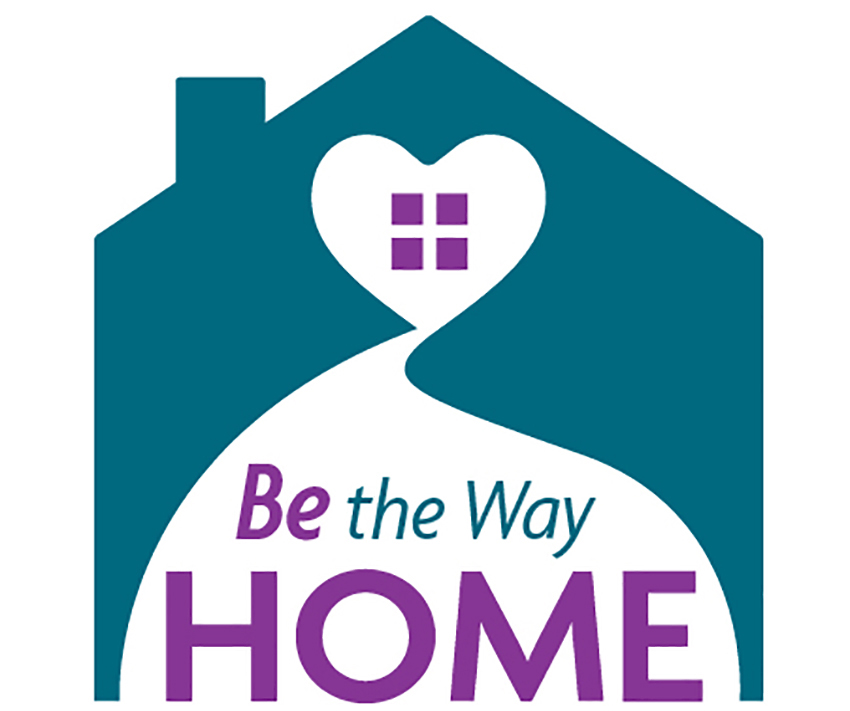What are Caregiver Supports?
The Caregiver Supports Contract provides placement supports to both licensed and unlicensed caregivers, including relative and kin, who accept placement of DCYF children and youth.
The type of caregiver supports services are determined by the child's documented Caregiver Supports Resource Level (1-7), completed upon entering out-of-home care (foster care) by the Placement Resource Specialist (PRS) also known as the Rate Assessor.
Tribal Engagement
DCYF is engaging with Tribal partners to understand the impacts of the Caregiver Supports Project for each Tribe and ensure a successful transition that best serves Tribal children and families.
Tribes have the option to do their own rate assessments on tribally dependent children and to provide placement supports to their own members instead of using a contracted provider in their catchment area. DCYF will engage in a formal consultation with Tribes to determine project impacts and engage Tribes in project implementation. For more information about this Tribal Consultation, email the Office of Tribal Relations at tribalrelations@dcyf.wa.gov.
If you would like to meet with DCYF to discuss the Caregiver Supports Project and impacts to your Tribe, email Mandy Morlin at mandy.morlin@dcyf.wa.gov.
Review the Tribal presentations available in the Previous Communications section below for additional information.

